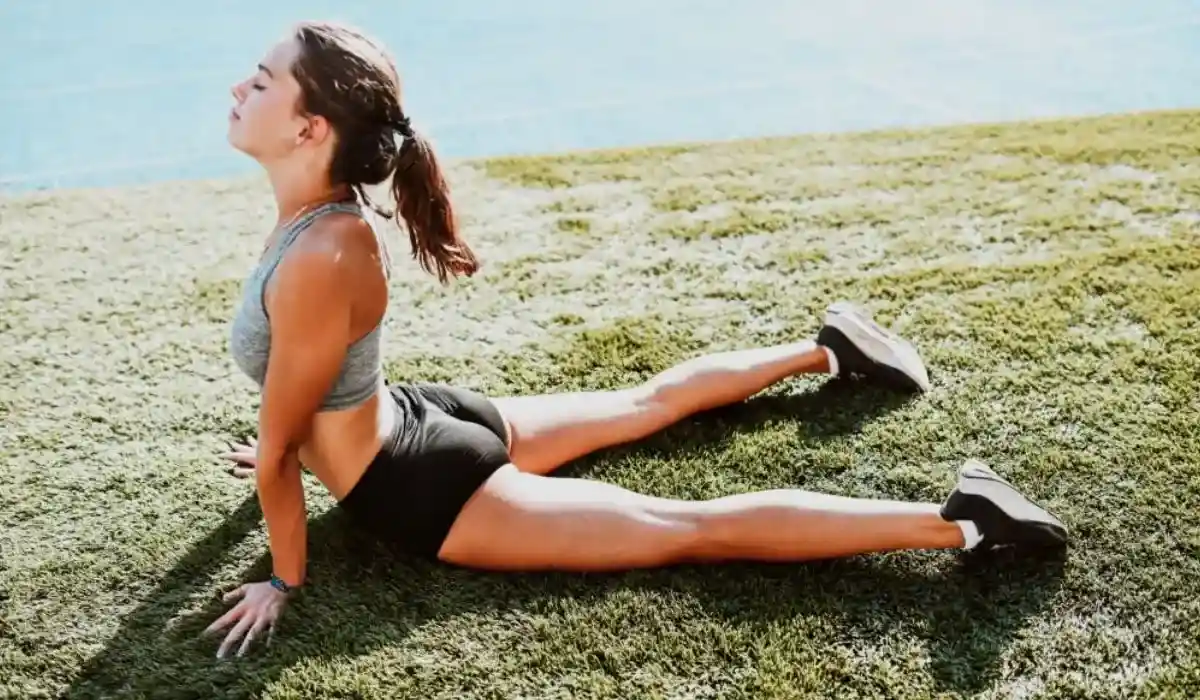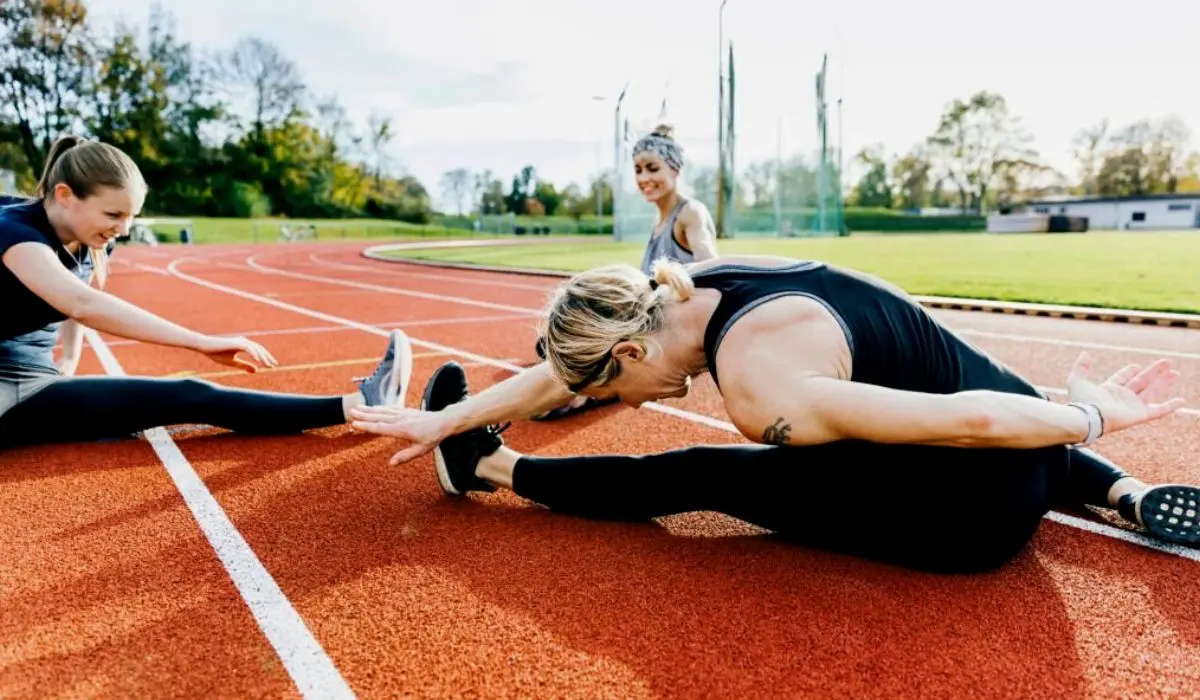Warm-up and cool-down are the essential components of an athletic journey. An athlete’s body is like a machine. It needs the right preparation and a smooth cool-down to perform at its best.
Warm-up and cool-down routines will offer the gentle ignition key for intense training and the braking system to gradually bring the body to a restful state. In this article, we will explore the dynamics of warm-up and cool-down routines for athletes. So, let’s dive in.
What Are The Warm-Up And Cool-Down Routines?
An athlete must warm up before the start of intense training or workouts. Warming up before the exercise will help you stretch the muscles and protect them from injuries. Warm-ups will reduce the risk of injuries and muscle soreness.
Cooling down, on the other hand, will help the body to return to the pre-exercise state. Cooling down is essential for controlling the blood flow after a heavy training session. As the name suggests, a cool-down routine will help the heart to gradually regain a resting level.

Types Of Warm-Up Options
Warm-up is a simple but effective option to protect your body from injuries during high-intensity training. An athlete needs to maintain a fit and healthy body. Hence, regular exercise and training are unavoidable. Injuries during the training period are a usual event in the sports field. Skipping it will lead to complicated injuries and slow recovery. There are a few options for warm-ups, let’s take a look at the different options,
✅ General Warm-Up
It is the first step of your warm-up routine. General warm-ups are usually low-intensity physical activities which include,
- Walking slowly for 5 to 10 minutes.
- Jogging on the spot for a few minutes.
- Shoulder circles, arm, and leg swings
- Doing 20 jumping jacks.
- Doing neck rolls 5 times.
Apart from these general warm-up activities jogging on a trampoline, cycling, and swimming are also great activities for the best beginning.
✅ Sport-Specific Activities
Once you complete general warm-up activities, it may take only 10 to 15 minutes. You can start doing your sport-specific warm-up routine. Sport-specific warm-ups will prepare you for the specific exercise you are going to perform. Cycling, steady jogging, and swimming are some of the sport-specific warm-up activities. Other types include,
- Service motions for tennis
- Catching practice for cricket
- Side-stepping warm-up in football
✅ Stretching
After completing general warm-ups and sport-specific activities, your muscles become warm. Once the muscles are all warmed up, you can start stretching exercises. You have to do stretching exercises at a moderate pace. ‘Static stretches’ are the common components of Stretching during warm-ups. Stretching a particular muscle and holding the position for about 20 to 30 seconds is the typical way of stretching.
Related:- Ankle Sprains In Athletes: Recovery Guidelines
Types Of Cool-Down Options
The cool-down routine starts after the intense training session. An athlete needs to slow down the activities gradually. This can be done by,
✅ Gradually Lowering The Intensity of The Training
Once the session comes to an end, instead of abruptly bringing the session to a halt, you have to continue doing the activity while slowing and gradually decreasing the pace. It may take a few moments to complete the slow-down process.
✅ Dynamic Whole-Body Movements
Activities that utilize the larger area of muscle mass, are the other options in cool-down activities. Some examples include light walking or jogging, simple lunges, side-to-side shuffles, quick jumps, swimming, and skipping. You can not perform cool-down activities for more than 30 minutes. The cool-down session should also include deep diaphragmatic breathing for balanced oxygenation in your system.
Always remember to perform warm-ups and cool-downs before your workouts. Remember, the warm-up prepares your body for exercise, while the cool-down helps to recover. Hence, both are essential for the prevention of injuries. It will also optimize your performance.
Read More:- Physical Therapy For Marathon Runners: Is It Beneficial For Your Performance?
Conclusion
Warm-up and cool-down routines are inseparable parts of an athlete’s success journey. Young athletes aged between 10 and 18 will benefit more from these routines. A professional athlete should find time for aerobic workouts along with, warm-ups and cool-down routines. Each routine includes specific steps.
For an effective warm-up routine, follow general warm-up, sport-specific warm-up, and stretching order. The cool-down routine should involve gradually slowing down the activities, or an athlete can choose other dynamic whole-body moving activities to bring a gradual end to the workout session. Even though warm-up and cool-down routines are widely accepted, the claim that they prevent injuries is debatable. However, these routines are highly effective for competitive endurance athletes.
Our recommendations are rooted in genuine belief in the benefits of the products bring to users. When you purchase through our links, we may earn a commission, supporting our testing and development without adding any cost for you. Learn more.

Dr. David G Kiely is a distinguished Medical Reviewer and former General Medicine Consultant with a wealth of experience in the field. Dr. Kiely’s notable career as a General Medicine Consultant highlights his significant contributions to the medical field.


